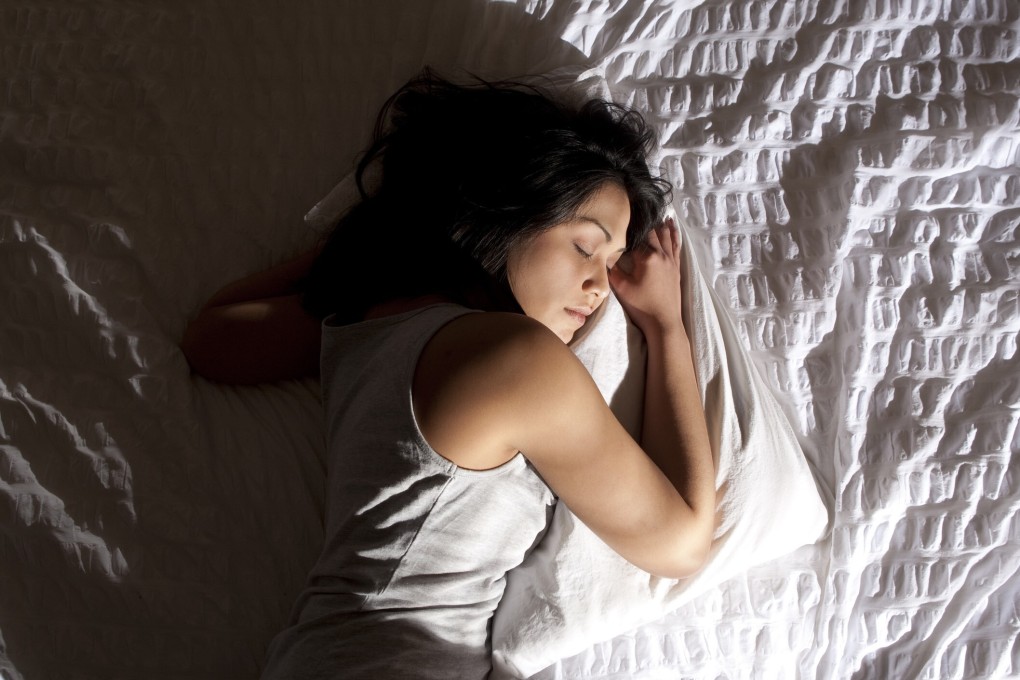Sleep deprivation and how to avoid it: from waking at the same time every day to wearing socks in bed, expert strategies for a good night’s rest
- For ‘Sleep Doctor’ Michael Breus, getting enough rest is simple: understand how much you need, and work out the best time for you to sleep, work and exercise
- Always sleep at the same time, and wake up the right way, he also says. For Dr Jess Andrade, there’s one thing you must wear in bed for a good night’s sleep

We have always been obsessed with sleep. But despite the technology and data at our fingertips, it seems some of us are consistently unable to get the good night’s sleep we crave.
In the United States alone, 50 to 70 million people complain of sleep deprivation or suffer from a sleep disorder. It is estimated that one in three people is sleeping badly and one in 10 suffers from insomnia, according to the Global Wellness Institute in its report Defining the Mental Wellness Economy.
The choice of sleep aid gadgets is endless: weighted blankets, noise cancelling headphones, white noise devices, circadian light therapy, specialised pillows, countless wearables, and “sleep-healing” cafes targeting sleep-deprived workers on their lunch breaks. The sleep aid market is predicted to top US$114 billion by 2025.
In Hong Kong, Red Doors Studio near Aberdeen on the south side of Hong Kong Island has been offering twice-weekly power nap sessions at lunchtimes, in which participants can relax to the sound of meditation gongs. UK chain David Lloyd Gyms recently introduced a “napercise” class that involves, quite simply, having a 45-minute catnap.